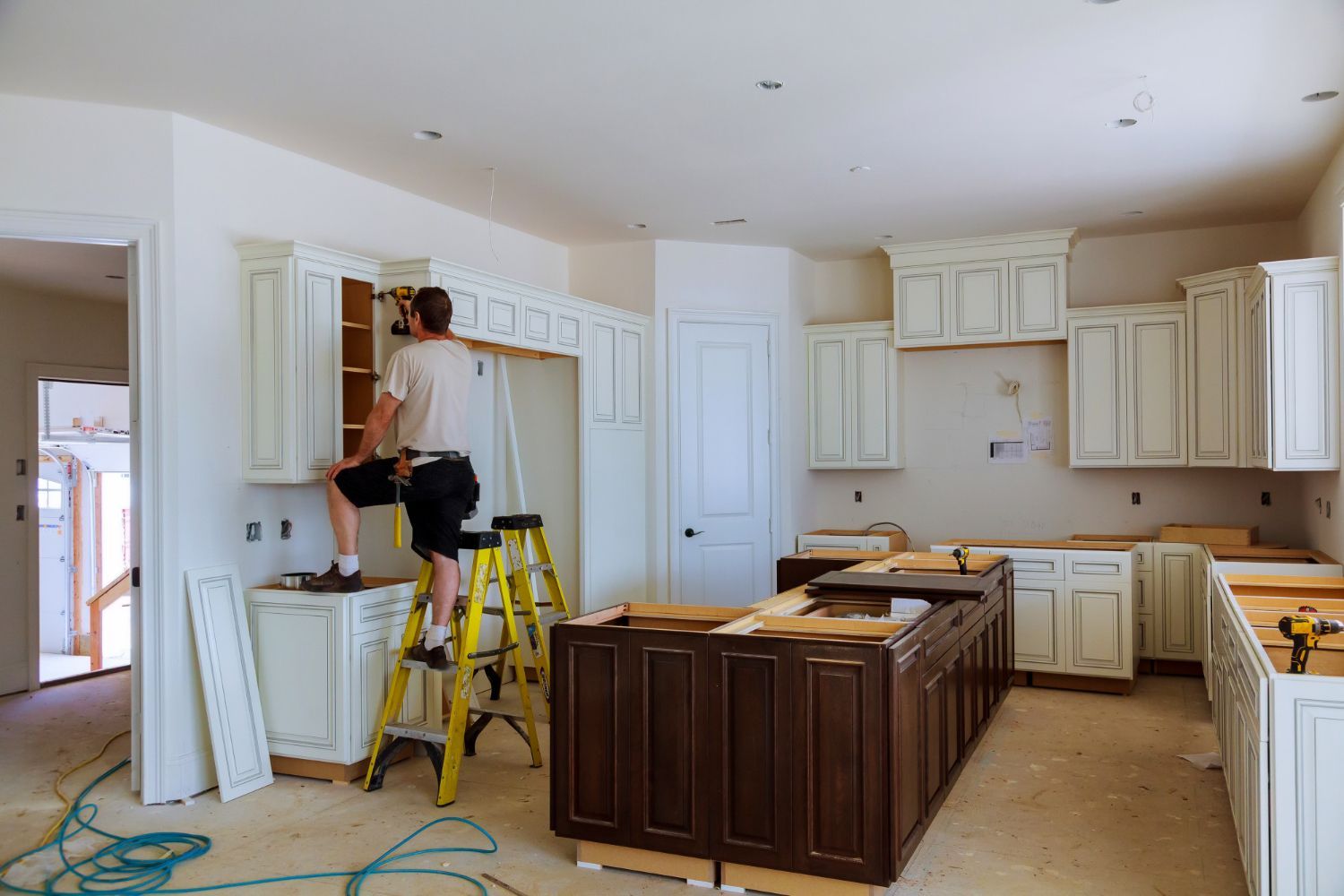IS UPSIZING ON YOUR WISHLIST?
With a generation of baby boomers entering retirement there is no end of information available regarding tips to downsizing from a home. Yet for a generation of homeowners with entirely different needs, what do you need to know when it comes to upsizing your residence?
Common reasons for upsizing
Chances are you’ve been perfectly happy in your first little house or apartment, but life evolves and with that so too do our living requirements. Reasons for upsizing may include:
- marriage
- having children
- a growing or blended family
- starting a home business
- additional family moving in
- buying a larger property while keeping the first as an investment
- windfall/inheritance
Before you start…
Moving on to a new stage of life can be both exciting and scary. The most important task is to define your goals and do your homework before you proceed. Key points you should consider are:
Long-term goals
What are your future plans in terms of lifestyle, kids’ schooling, additional children, potential investment or financial return? When choosing the size, type and location of a property, asking yourself these questions will help you define the right property for both now and in the future.
Borrowing power
We can help you determine your current equity and potential borrowing capacity for your individual circumstances. If you haven’t had a property valuation for a while it’s possible that during that time, capital growth or renovations have resulted in equity you didn’t realise you had.
Ask us for a property report for your area
If you require a valuation we can assist you with a referral to our property valuation specialist to determine what potential equity you may have.
Additional costs
A larger home will also translate into increased costs. Some of the costs which should be factored into your financial considerations are:
- Maintenance costs – lawns, gardens, painting etc. Swimming pool? Make sure you add pool maintenance
- Utilities – include transfer costs, plus heating and cooling a bigger space will probably mean larger ongoing utility bills
- Property taxes – council rates will most likely increase. Don’t forget stamp duty either – this is often a significant cost in a property purchase. Land tax may also be applicable
- Home insurance – home insurance premiums will increase exponentially with the value of your new property
- Furnishings – with more rooms to fill you may want to factor in not only more furnishings, fixtures and appliances but the need to review home and contents insurance
- Renovations – are renovations part of the plan in order to ensure your new ‘dream home’ matches your dream?
Research and consideration of all possible costs involved in upsizing your property will help you move forward with confidence.
As your finance specialist, it is our role to help you explore finance and structure options most suitable to your individual circumstances and your future financial goals.
Getting ready!
So…you’ve explored your financial options and you’re almost ready to take the leap. What’s next? Now is the perfect time to start preparing for your big move, especially if you’re contemplating listing your current property for sale (or lease) in the next peak selling/buying season.
Decluttering
This can be both necessary and cathartic but remember you will also be filling a larger space. Assess items on usefulness – there’s no point in tossing something only to have to buy a replacement. Start packing and storing now – not only will you declutter your home ready for market, but you’ll also be ahead of the game come moving time.
Painting and repairs
Ideally, you will only want to spend as much as is necessary to ensure or improve the market appeal of your property. Seek guidance from our experts.
If upsizing your property is on your wish list this year then call our office and we will gladly book you in for a chat to discuss your options.
*Disclaimer: This article is generic in nature. All investment decisions should be considered wisely and based on your personal and financial circumstances. Seek proper advice before committing to any course of investment action. This is not deemed as advice.



